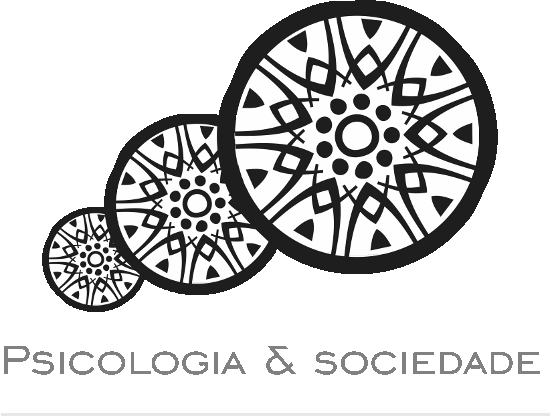The objective of this theorical article is to present the historical-cultural approach and the theory of the activity to the understanding the constitution of the human being in the singular man. The starting point, to explain the humanization process, is the historical-cultural theory, whose epistemological origin is the dialectical materialism, from the works of Marx. The article, first, presents the central theoretical categories to the explanation of the development and constitution of the human being, such as activity, conscience, necessity, motive, appropriation. Afterwards, it presents the contributions of the theoretical perspective to education, especially to school education. The education is understood as the process of appropriation of the human culture resulted from the human activity on objects and the surrounding world mediated by the communication. Finally, it proposes materialistic dialectical history method as the basis for education research and displays its fundamental principles to the inquiry of the human phenomena constitution.
humanization process; cultural-historical theory; education; appropriation
